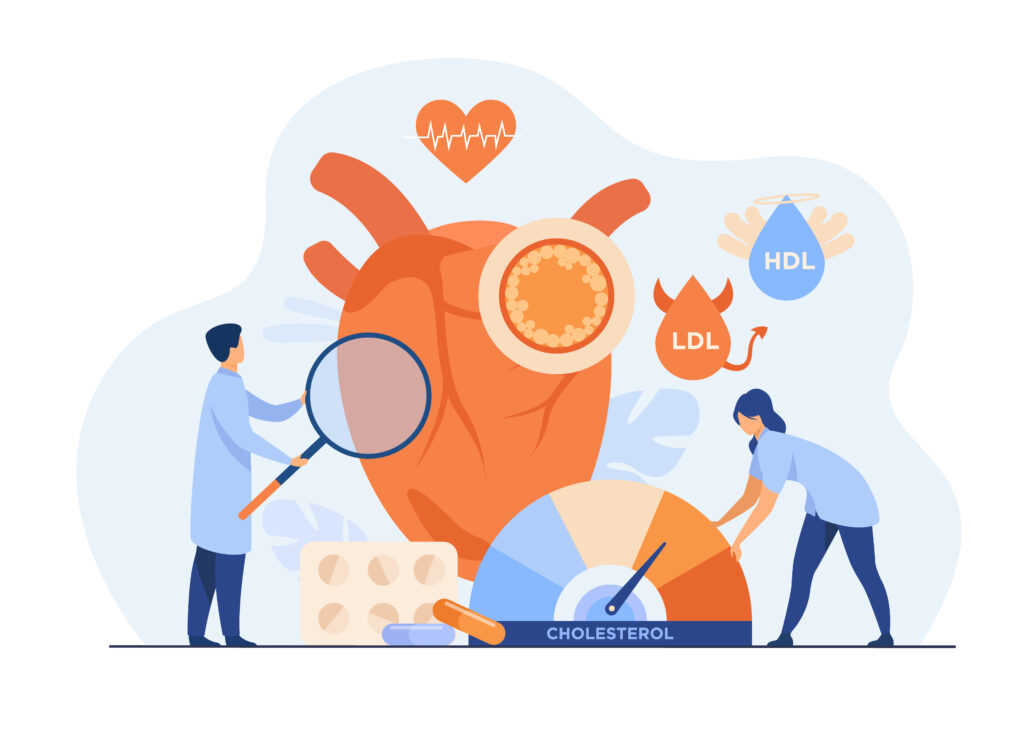In an unexpected twist, heart attacks, once deemed an affliction of the elderly, are increasingly affecting the young. Startling statistics reveal a concerning reality: 1 in 5 heart attack patients is now under 40, challenging assumptions about the age spectrum of cardiovascular issues. Delving into this unsettling trend, we explore the nuanced reasons behind the surge and unveil precautionary measures for the younger generation.
Why the Young? Unveiling the Culprits:
Stress in the Modern World: The relentless pace of modern life, characterized by demanding jobs, academic pressures, and a constant digital presence, places an enormous burden on the mental well-being of young individuals. Chronic stress, if left unmanaged, becomes a significant contributor to heart attacks.
Sedentary Lifestyles and Irregular Eating Habits: With the rise of desk jobs and a shift towards convenience in dietary choices, sedentary lifestyles and poor eating habits have become prevalent. Lack of physical activity and a diet high in processed foods contribute to obesity, diabetes, and hypertension, all factors linked to heart attacks.
Digital Habits and Sleep Deprivation: Excessive screen time and irregular sleep patterns have become norms for the younger generation. The impact on circadian rhythms and overall health can elevate the risk of heart-related issues.
Smoking and Vaping: Though awareness about the dangers of smoking has increased, young adults still engage in this harmful habit. The emerging trend of vaping, often considered a safer alternative, also carries cardiovascular risks. Nicotine, present in both, can constrict blood vessels and raise blood pressure.
Substance Abuse and Its Cardiovascular Impact: The use of recreational drugs among the young is a growing concern. Certain substances can directly affect the heart, leading to increased heart rate, blood pressure, and the potential for heart attacks.

Precautions: Navigating the Path to Heart Health:
Prioritizing Stress Management: Incorporating stress-relief practices into daily life, such as meditation, mindfulness, or yoga, can significantly mitigate the adverse effects of chronic stress. These practices not only benefit mental health but also contribute to overall cardiovascular well-being.
Embracing Physical Activity: Regular exercise is a cornerstone of heart health. Young adults should aim for at least 150 minutes of moderate-intensity aerobic activity per week. This could include activities like brisk walking, jogging, cycling, or engaging in sports.

Adopting Heart-Healthy Diets: A diet rich in fruits, vegetables, whole grains, and lean proteins is crucial for heart health. Avoiding excessive salt, sugar, and saturated fats helps maintain healthy blood pressure and cholesterol levels.
Addressing Smoking and Vaping Habits: Seeking professional help for smoking or vaping cessation is imperative. Support programs, counseling, and nicotine replacement therapies are effective tools in overcoming these addictive habits.
Regular Health Check-ups: Young adults, especially those with diabetes or hypertension risk factors, should prioritize regular health check-ups. Early detection and intervention play a crucial role in preventing heart attacks.
The alarming statistics demand a paradigm shift in our perception of heart health. No longer confined to the elderly, heart attacks are a reality for the young, urging them to embrace lifestyle changes. By unraveling the complexities of the problem and adopting precautionary measures, we can collectively alter the trajectory of heart health, ensuring that the beat of life remains strong and vibrant for generations to come.